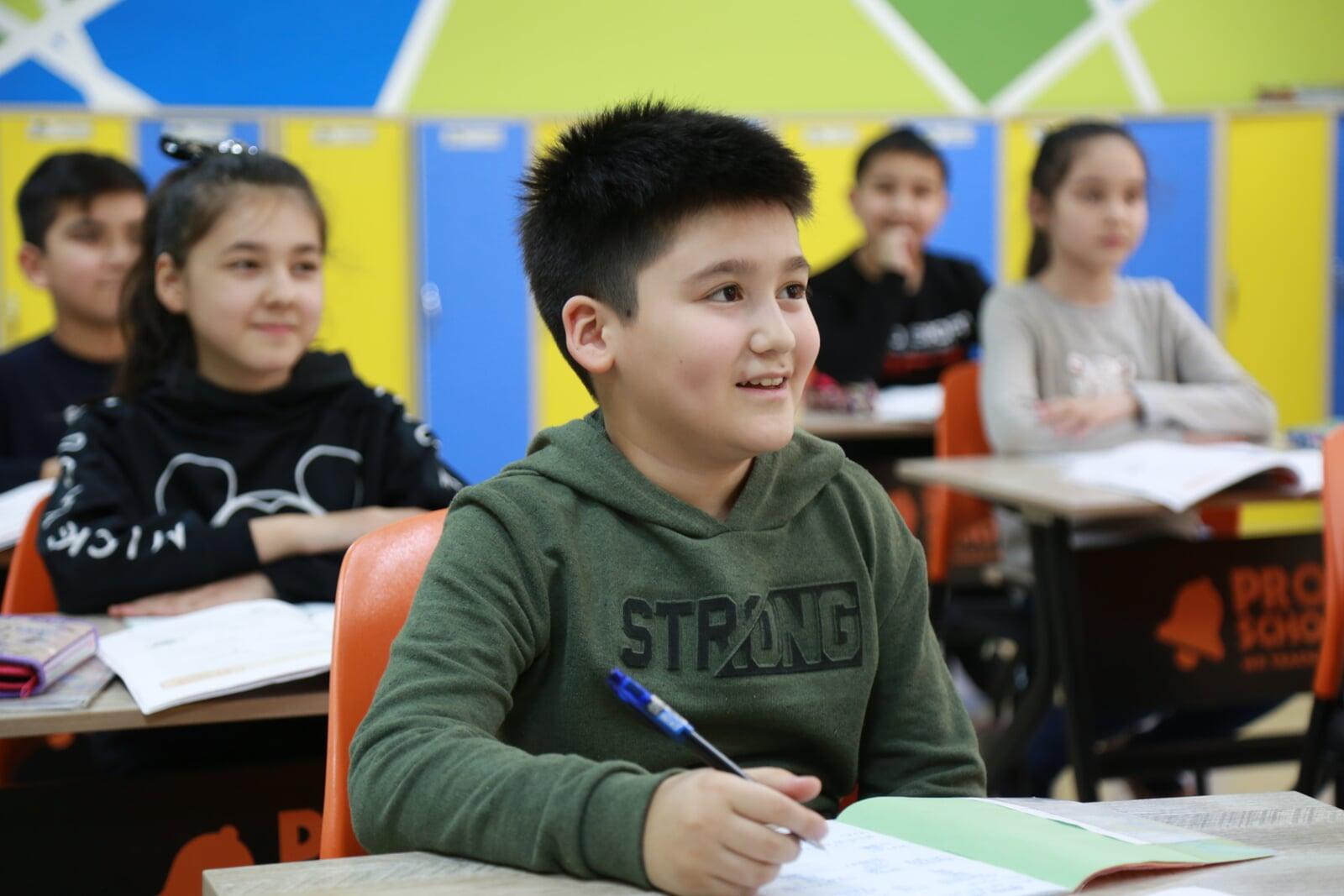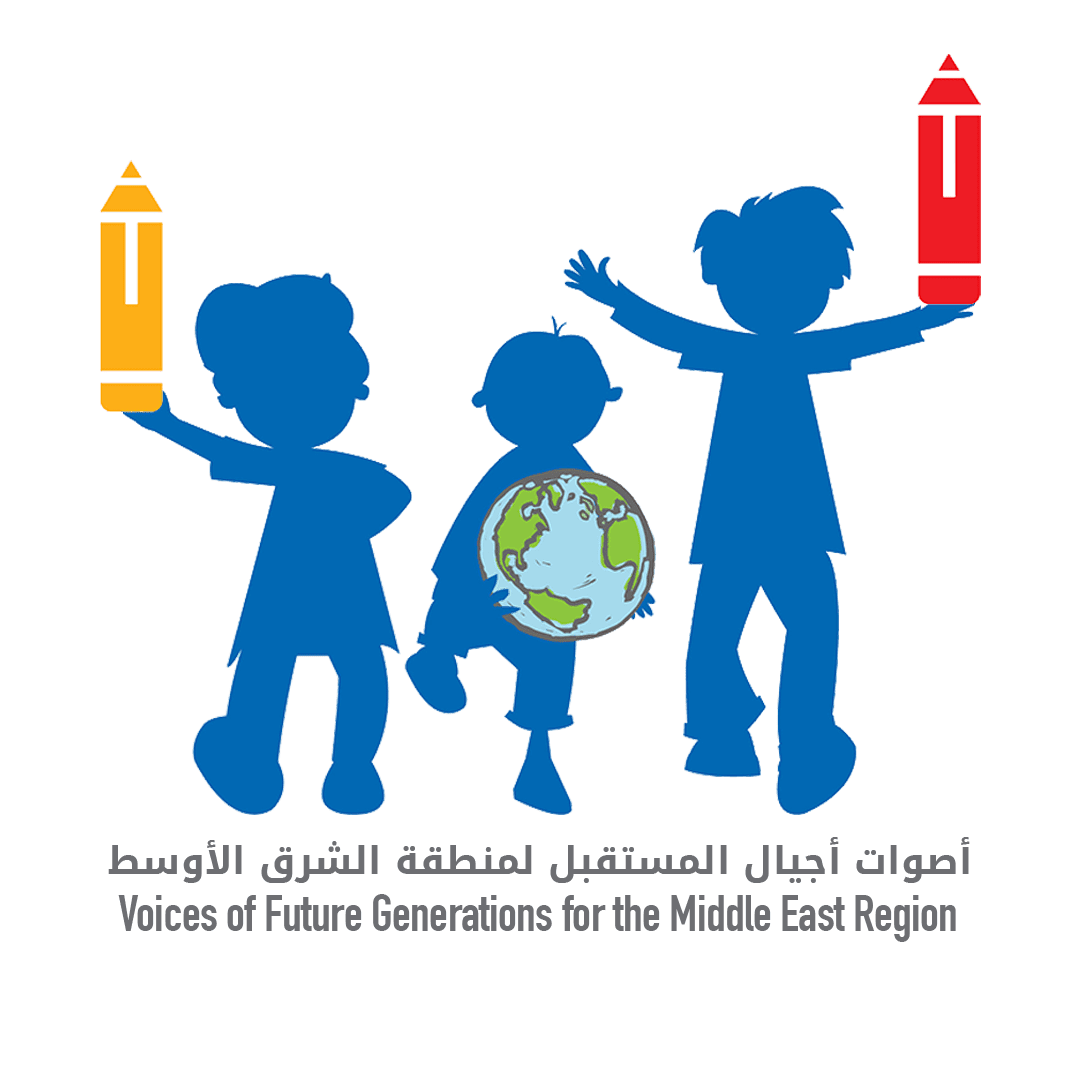
Building Writers in the Classroom
"A word after a word after a word is power."
-Margaret Atwood
The art of conversation has been a dire need of humankind for eons. Moreover, this need has manifested itself in several forms – painting, photography, music and so on.
Underlying all of these forms is one common thread – writing. Writing is, has, and forever will be the chief medium for the translation of human emotions.
So then, the big question that percolates through the walls of our minds is ‘How do we build and nurture this art in the future generations – our children?’
The ‘Wonder Years’ (ages 5 to 15), the time when imagination, fantasy, the compelling and natural inclination to be what one is not (but surely can be one day) needs to be tapped to utmost propensity.
In my teaching career, I have found that there are multiple ways to do this but no one way is the elixir for it.
Therefore, my first suggestion is to provide kids a platform to SHINE ON. There is no one who does not appreciate a word of acknowledgment and it is more so with children. Exceptional pieces of writing must be acknowledged through school weeklies and newsletters to encourage them to write more. Social media should go gaga about the achievements of budding authors. This in turn will also inspire other children to try their hand at writing.
Once this has been achieved, the next step would be to go CLUBBING. Gathering all young, budding authors to form a Writer’s Club will provide them the opportunity to share ideas, analyze, critique and suggest ways to hone their skills.
WOW (Writers Observe Writers) is a terrific opportunity where accomplished talents exhibit the fine nuances of engaging the reader through the power of words. The young writers will thus deepen their understanding of the use of various elements like imagery, climax, anti-climax and how to amalgamate these into a story worth reading.
Make it PERSONAL. No idea is a bad idea. This maxim must be continually reinforced in every child. The mentor here plays a vital role in instilling confidence through personalized teacher feedback. The teacher can guide the rampaging flow of ideas and help their budding Rowlings and Blytons and Dahls. What the teacher simply needs to remind oneself is ‘Positivity is a good parasite.’
Finally, it is time for RBL (Reading Between the Lines). A prerequisite to good writing is to know fully well the message, the moral, the endgame that the piece of writing wants to convey. The best way to do this is to widen the horizon of the genre of books read. Extensive reading begets extensive writing. Only when these young writers will do so will they be able to replicate the fine art of writing.
The greatest and most crucial of all strategies is to keep the fire of creative writing kindling in the hearts and minds of our young authors. Using these strategies, we can create an environment where young writers thrive to their full potential.
Voice of Sharon Monis
Sharon Monis, a teacher at GEMS UIS, exemplifies the quote, “Passion is energy”. She aims to channelize young minds and their skills towards building a world of harmony for themselves and others. She firmly believes that the kids of today can spearhead a global revolution of sustainability if given the right opportunities. Sharon Monis, a teacher at GEMS UIS, exemplifies the quote, “Passion is energy”. She aims to channelize young minds and their skills towards building a world of harmony for themselves and others. She firmly believes that the kids of today can spearhead a global revolution of sustainability if given the right opportunities.


